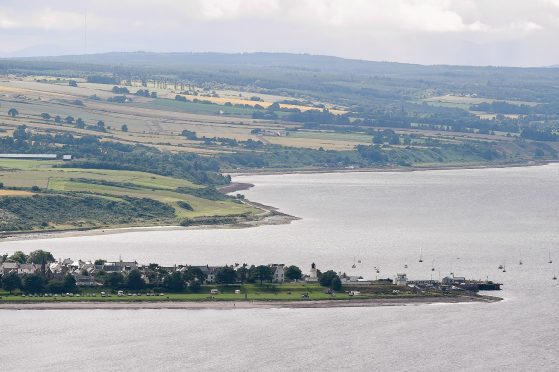Another nationalist politician has demanded more public consultation on controversial plans for ship-to-ship oil transfers in the dolphin-friendly Moray Firth.
Pressure has intensified on the Maritime and Coastguard Agency (MCA), which considers licence applications for such purposes, to meet critics of the proposal.
More than 100 objectors took their protest to the Scottish Parliament last week, warning of a serious environmental risk of granting such transfers.
The First Minister Nicola Sturgeon backed the opposition to the plan, along with leading Scots author Ian Rankin who joined the protesters in Edinburgh.
Ms Sturgeon later told MSPs she was “unconvinced” by the Port of Cromarty Firth’s proposals, despite their insistence that safeguards are in place and that they takes their environmental responsibilities “extremely seriously.”
Echoing the concerns, Ross, Skye and Lochaber MP Ian Blackford said yesterday that communities around the firth should be more comprehensively consulted on the issue.
The port has consistently stated it has consulted residents, but Mr Blackford said: “The Scottish Government is not aware of being directly approached by the UK Government during the consultation.
“Marine Scotland was made aware of the proposal through informal contact by the Port of Cromarty Firth. It is safe to say that Marine Scotland was not contacted by the MCA or by the UK Government.
“This is a very serious matter, with the potential of causing a major environmental disaster. It’s only right the views and worries of local people and the Scottish Government are sought and taken into consideration over this. I’ll be raising this matter at the earliest opportunity.”
Campaigners are concerned an oil spill in the area, at the mouth of the Cromarty Firth, would prove catastrophic for environmentally-sensitive waters which are home to many marine species, including bottlenose dolphins, minke whales and porpoises.
The port has argued refusing its proposed ship-to-ship transfers could hamper “ambitious” plans for development and cost it more than £500,000 a year.
It argues it “fully appreciates” the environment in which it operates is a special site and it is legally bound to protect it.
The MCA considers the preservation of the marine environment “a top priority.”
